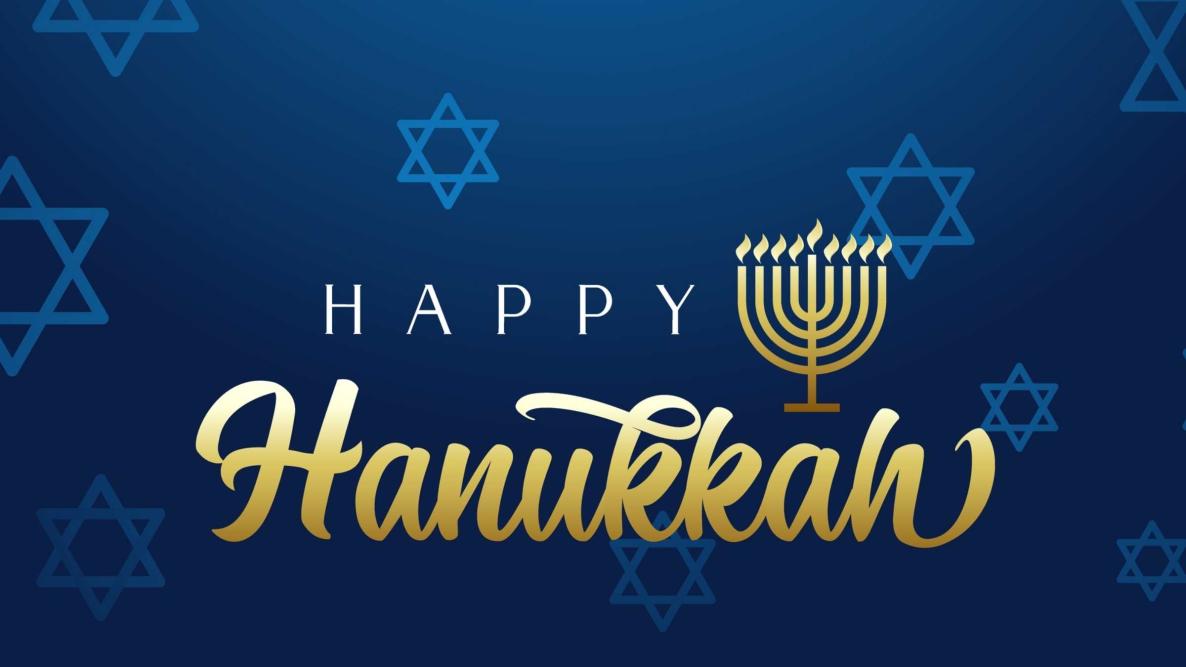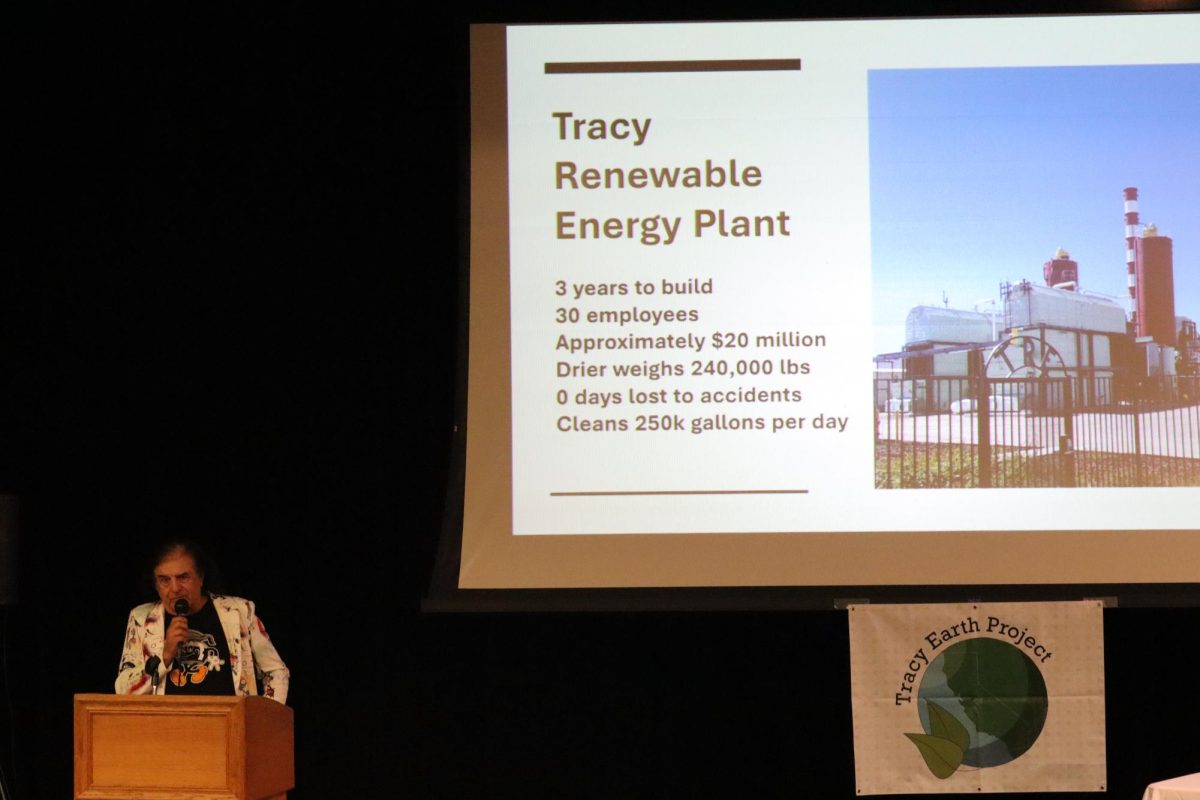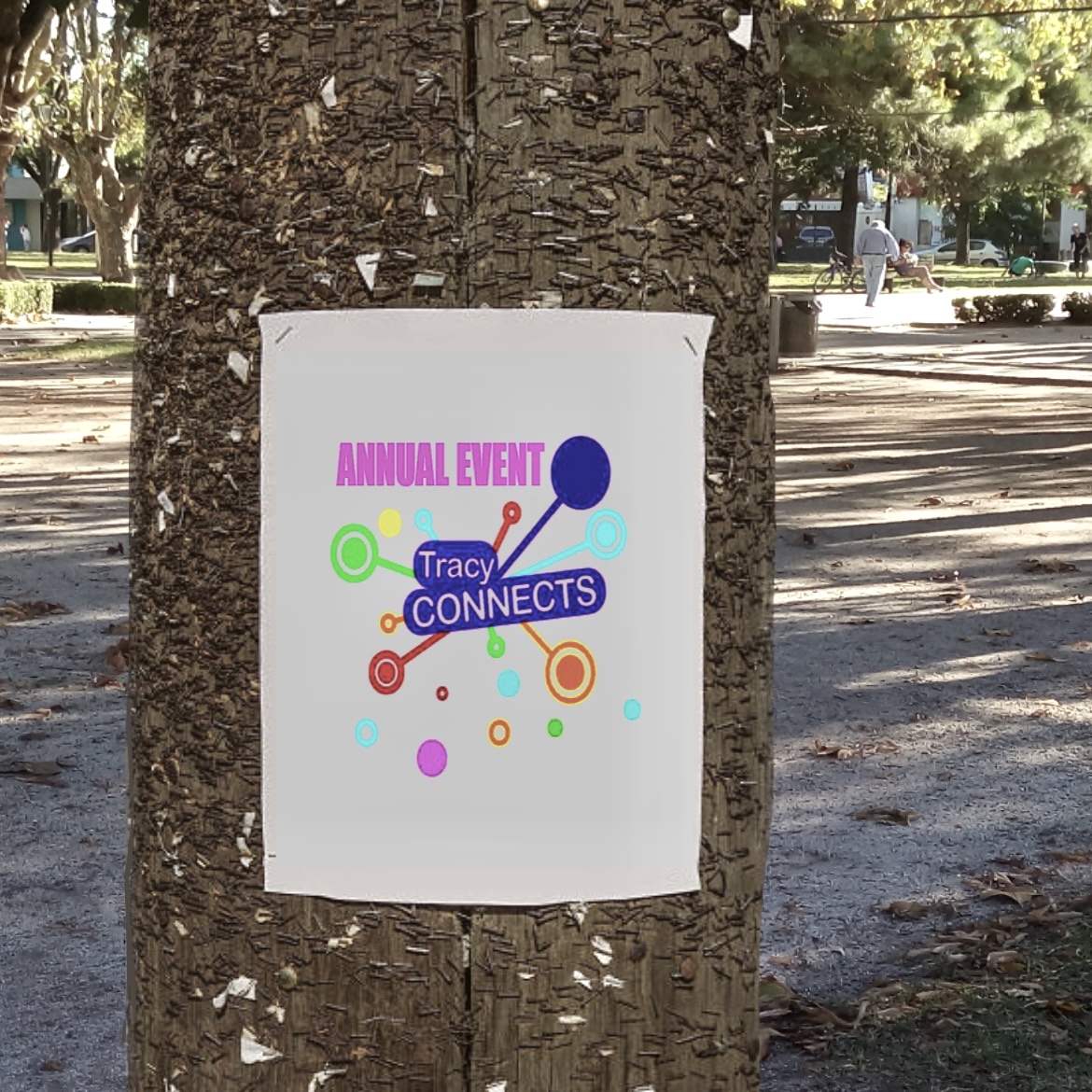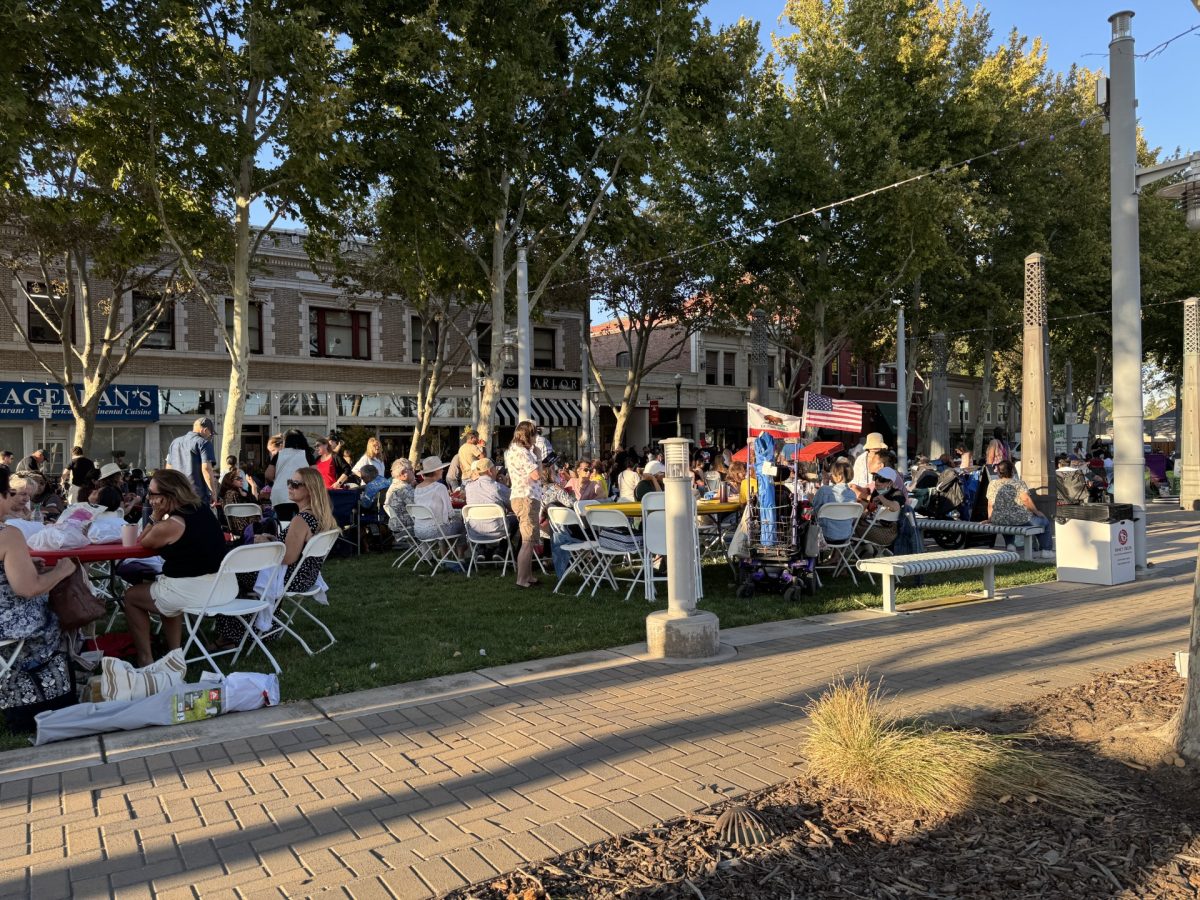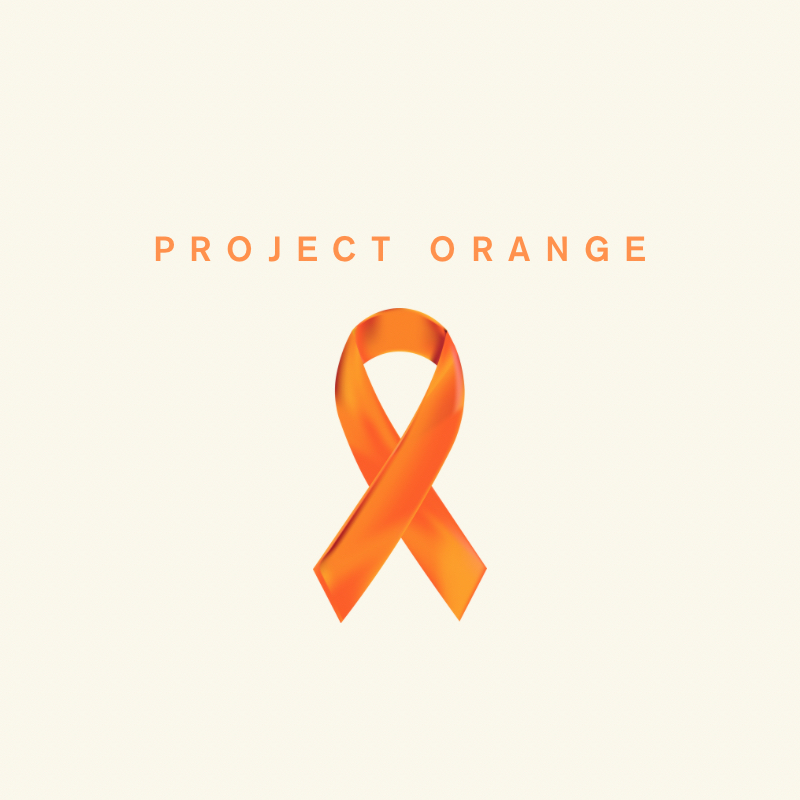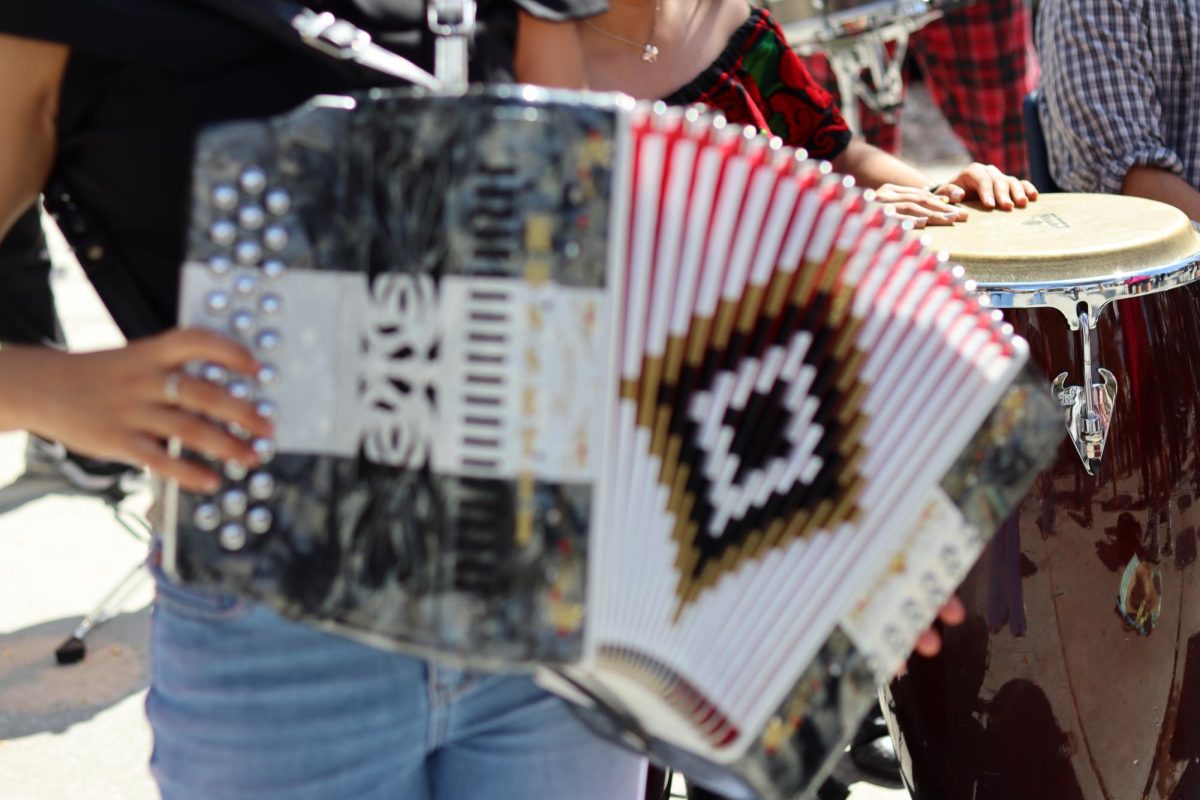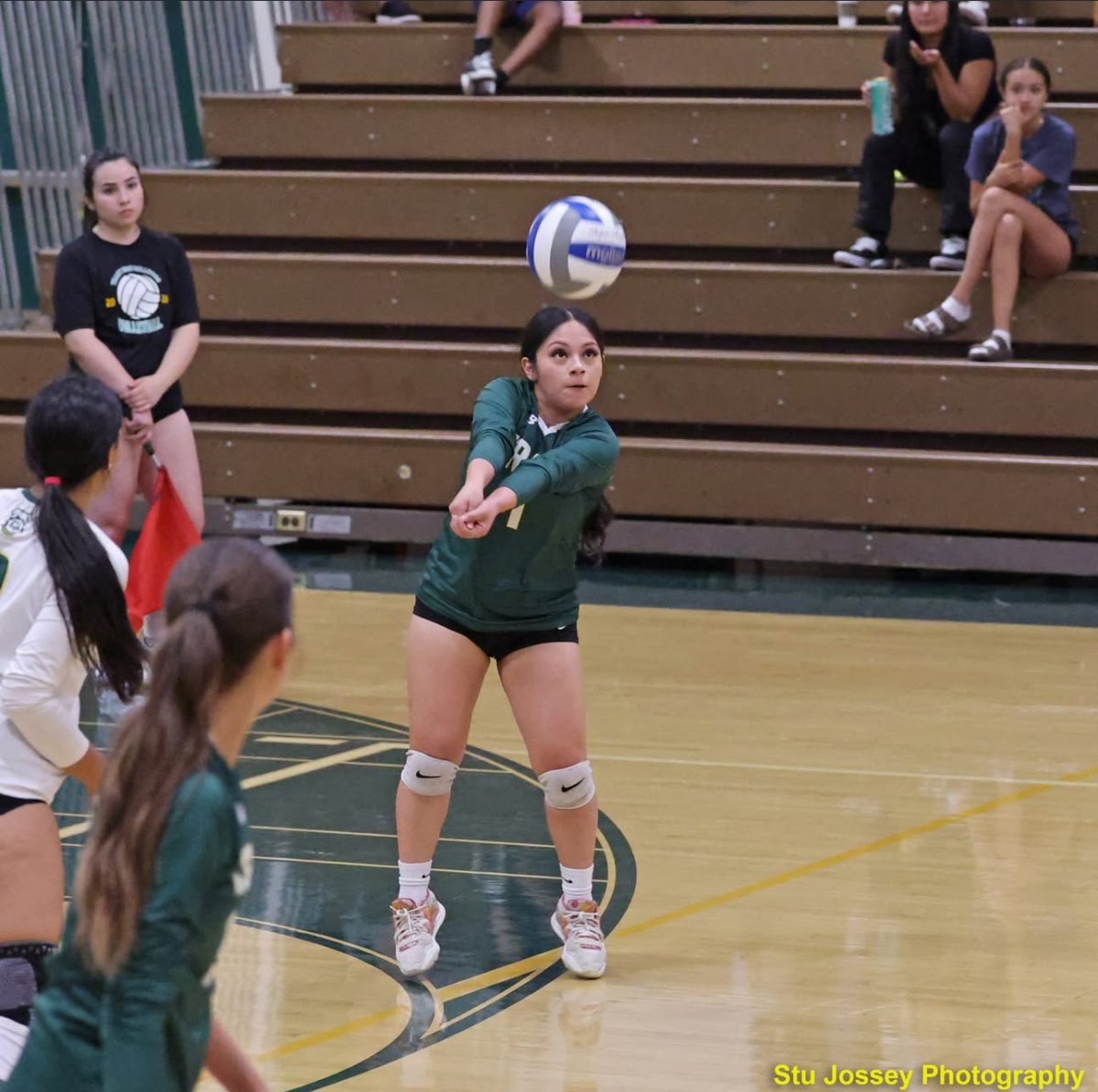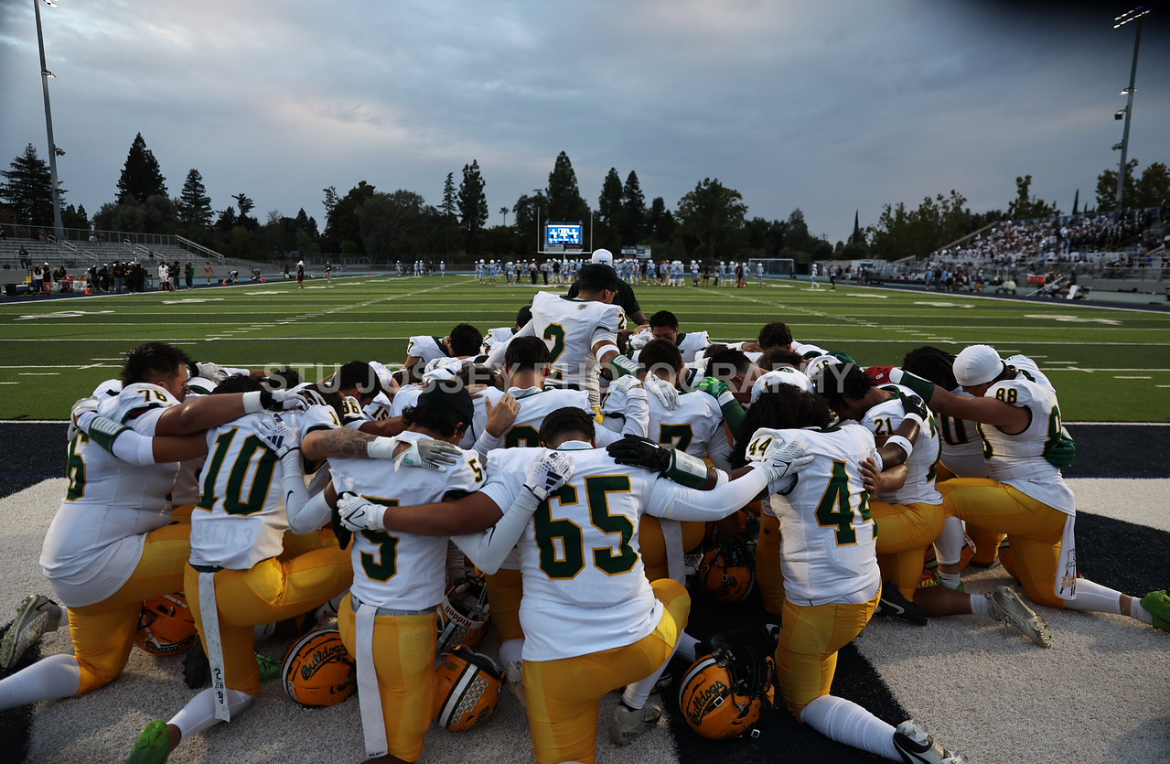Hanukkah, also known as the Festival of Lights, is an 8-day Jewish holiday celebrated annually. Here are some facts and details about this significant observance:
Historical origins:
Hanukkah commemorates the rededication of the Second Temple in Jerusalem after the Maccabean Revolt against the Seleucid Empire in the second century BCE. The Maccabees, a small group of Jewish fighters, reclaimed the Temple from the Greeks and restored religious freedom.
Miracle of the oil:
A central theme of Hanukkah is the miraculous event where a small amount of oil, enough for only one, burned for eight days in the Temple menorah.
Rituals and traditions:
Adding one candle each night on the menorah , also called a hanukkiah, symbolizes the miracle of the oil lasting eight days. Foods cooked in oil, such as latkes (potato pancakes) and sufganiyot (jelly filled donuts) are traditional Hanukkah dishes. Families gather to play dreidel, a spinning top game, and exchange gifts over the course of the holiday.
Symbolism and significance:
The lighting of the menorah represents hope, faith, and the triumph of light over darkness, emphasizing the endurance of the Jewish faith and identity. It’s a time for reflection of the values of religious freedom, perseverance, and the importance of preserving cultural heritage.
Contemporary celebrations:
Communities worldwide celebrate Hanukkah with public menorah lightings, festive gatherings, music and cultural events. The holiday serves as a unifying time for families, fostering a sense of community and connection among Jewish people globally. Hanukkah holds deep historical and cultural significance, embodying themes of resilience, faith, and the preservation of traditions throughout generations.
When does Hanukkah start and end?
Hanukkah begins on the 25th day of the Hebrew month of Kislev, which typically falls in November or December on the Gregorian calendar. It lasts for eight days and nights, concluding on the 2nd or 3rd of the month of Tevet which falls in December and January. The exact dates can vary slightly each year due to the differences between the lunar-based Hebrew calendar and the solar-based Gregorian calendar.

